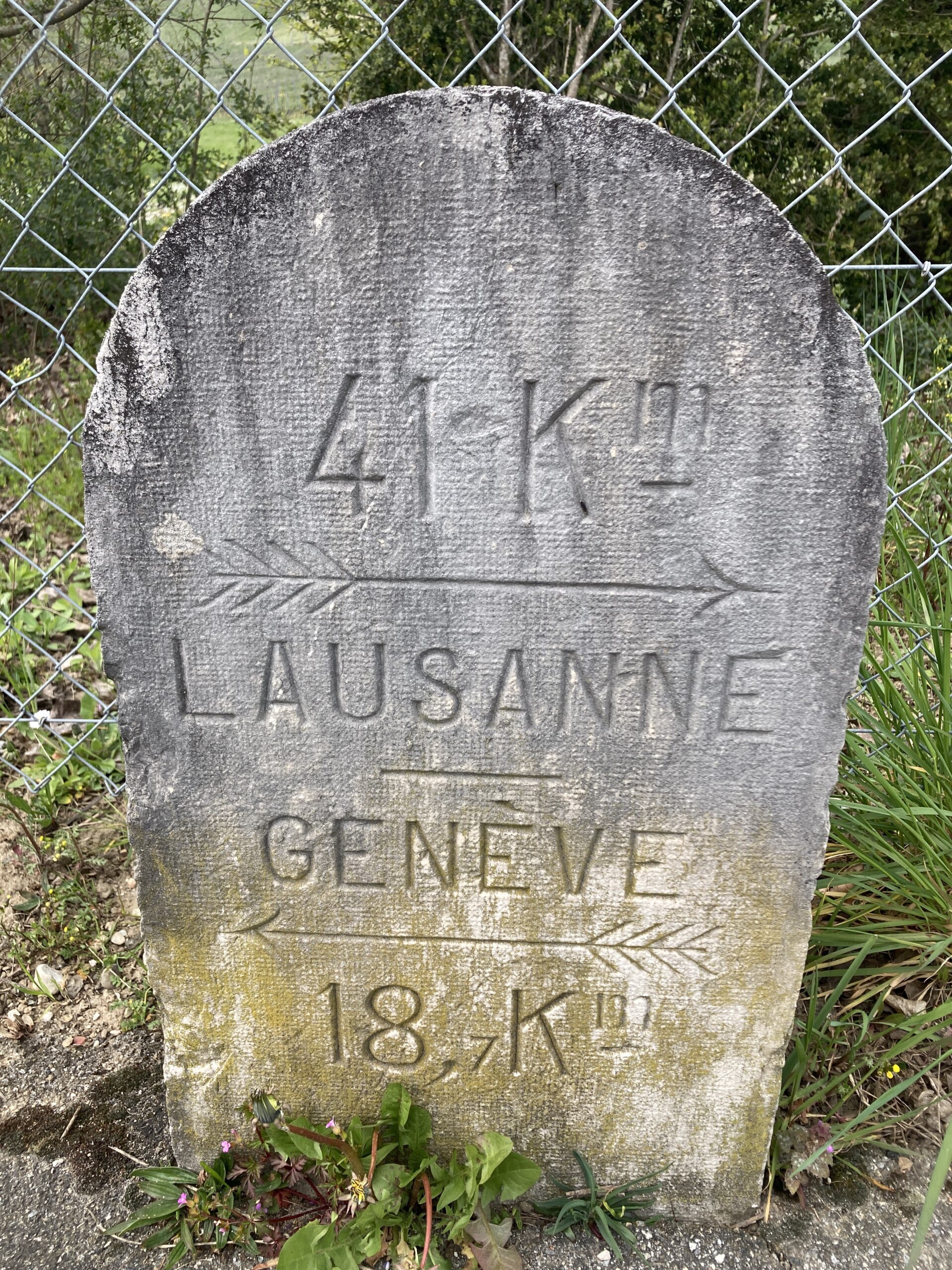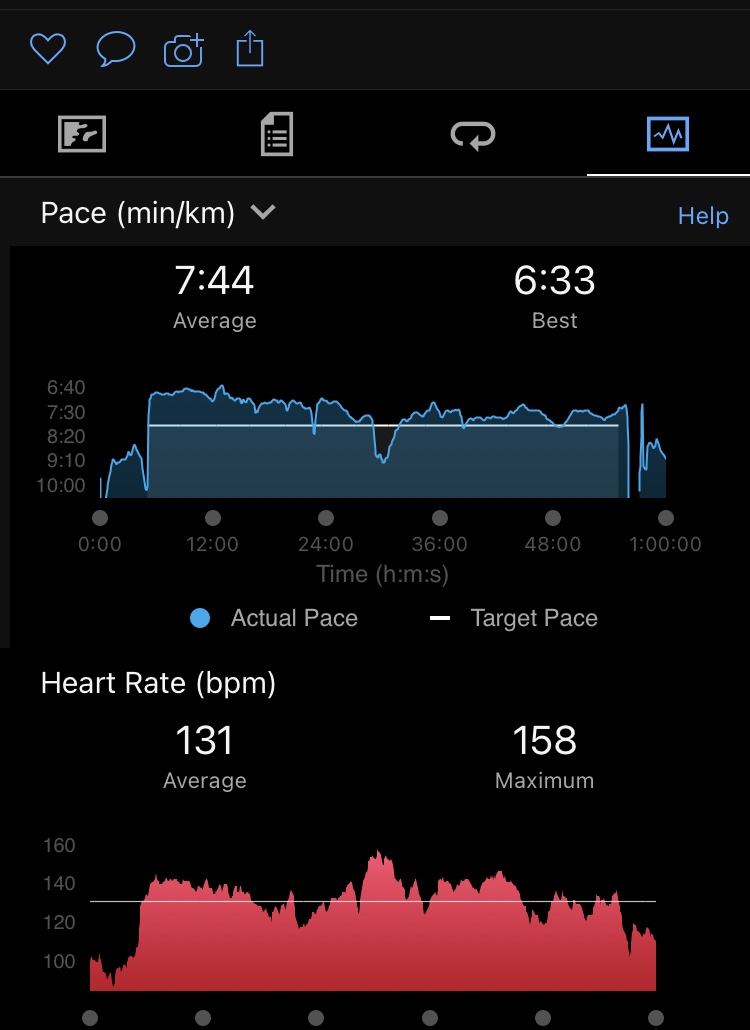Tag: trackers
-

Appalachian Trail Progress Via Garmin And Walk The Distance
Reading Time: 2 minutesRecently I started the Appalachian Trail Challenge on Garmin Connect and every sstep I take counts towards the goal. The goal is to walk 3,500km, which is around 4.9 million steps. I have walked 652 km out of 3,500 so I have completed about 18 percent of the challenge. I am almost…
